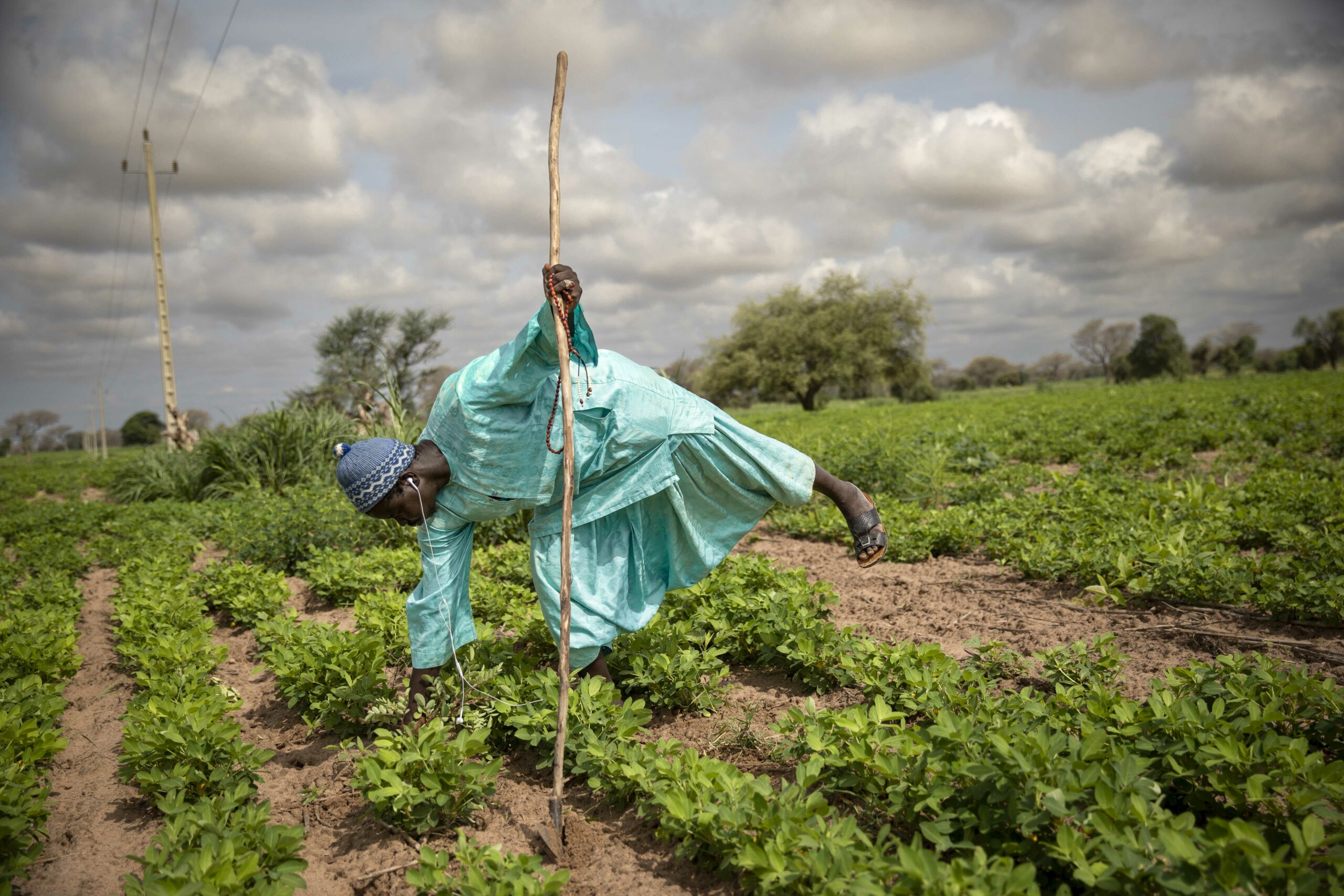
Dakar has opened its doors to a five-day strategic workshop that seeks to revolutionize how agroecology projects are monitored and evaluated across West and Central Africa.
The gathering, held from 18 to 22 August, brings together 25 experts from eight partner institutions of the RADiUS project — an EU-funded initiative designed to promote sustainable food systems through agroecological practices.
At the heart of discussions is the adoption of the SMILER+ tool (System for Monitoring, Impact Learning and Evaluation), which aims to replace traditional data collection with a dynamic, adaptive system.
Organisers say it will capture farmers’ innovations while ensuring accountability to local communities and donors.
“The goal is to measure the project’s indicators through a uniform system, capable of capturing agroecological innovations,” explained Ismaila Diatta, technical advisor and RADiUS project focal point at Catholic Relief Services (CRS).
“What we are building together today is not just a technical tool, but a framework that will allow us to measure our results and impact, ensure transparency and accountability to communities, local authorities and donors, and continuously learn to strengthen the effectiveness of our interventions.”
The RADiUS project — running from 2025 to 2028 — is led by a consortium including CORAF, Cheikh Anta Diop University, CIRAD, CRS, the International Rescue Committee, Joseph Ki-Zerbo University, Félix Houphouët-Boigny University and the Agricultural Research Institute for Development.
Its ambition is to support the agroecological transition of farms by focusing on soil health, pest management, agroforestry and ecological intensification.
Gender integration is a central theme of the Dakar workshop.
Dr. Fructueuse Ouido, project coordinator at CORAF, underlined the importance of women and youth in driving agroecological transformation. “Within CORAF, gender is considered a key factor for success,” she said. “Women, who often face limited access to land, can enhance the value of their plots through good agroecological practices.”
Sessions also explore the intersections of gender with climate change, agroecology, agricultural communication and monitoring systems. According to environmental impact specialist Karamoko Diarra, the aim is to create tools that “don’t just collect data, but also learn and adapt. These are tools that strengthen transparency, accountability, and quality of our interventions.”
By the end of the workshop, participants are expected to deliver a harmonized theory of change, a shared monitoring and evaluation plan, digital data collection tools, a feedback and complaints mechanism, and a gender strategy.
“Together, let’s ensure that the data we collect and analyze are not just numbers, but stories of change, resilience, and hope,” Mr Diarra concluded.
The initiative builds on more than a decade of food system research in the region and is seen as a crucial step towards strengthening economic, food and nutritional security for millions across West and Central Africa.



